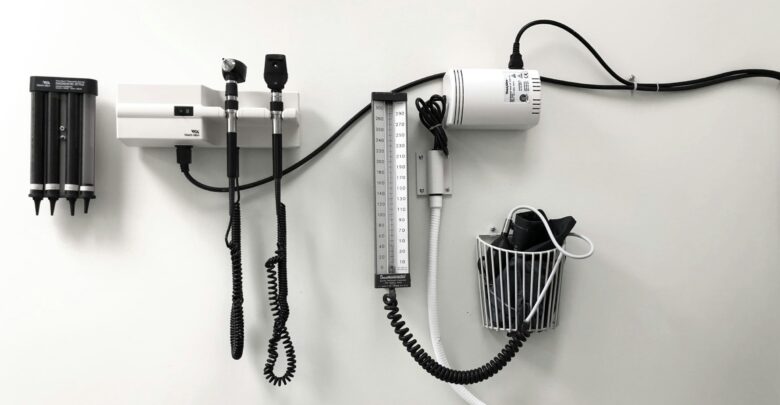 Supplied
SuppliedFollowing a review of its breast cancer screening guidelines in April 2024, the Canadian Cancer Society (CCS) is now recommending that provinces and territories lower the start age for breast cancer screening to 40.
These guidelines pertain to women, transgender, non-binary, and gender-diverse people 40 years or older that are at an average risk for developing breast cancer.
Adopting the new breast cancer guidelines can aid in catching breast cancer early and saving lives, Dr. Tracey Hillier said. Dr. Hillier is a radiologist and associate professor in the department of radiology and diagnostic imaging at the University of Alberta.
“Breast cancer can be more aggressive in younger women, [and] the disease evolves very quickly,” Dr. Hillier said.
According to Dr. Hillier, if Alberta were to revise its breast cancer guidelines, those between the age of 40 to 49 would be able to self-refer to a mammography clinic for screening. Regular breast cancer screening in Alberta is currently recommended for ages 45 to 74.
Screening mammographys can catch breast cancer even if there are no other noticeable symptoms. By catching breast cancer before symptoms have manifested, the patient has a better chance of successful treatment. If people can self-refer, then “not having a family doctor is taken out of the equation as a barrier.”
“When it comes to guidelines, they’re constantly being re-evaluated in light of new evidence and that can result in changing recommendations,” Dr. Hillier said.
“More young women are getting breast cancer. Studies are showing that if we catch breast cancer early, we can save lives and save the health care system a lot of money.”
Physicians and others need to advocate “for something as important as breast cancer screening”
In Canada, provincial governments have jurisdiction over provincial health care services. This contributes to the differences in breast cancer screening guidelines across the country.
“Within each province, there may be some differences in the composition [of the population]. It’s also budgetary considerations — different provinces may be able to fund earlier screening,” Dr. Hillier said.
Dr. Hillier highlighted the role of physicians and people at risk for breast cancer in advocating for “something as important as breast cancer screening.”
Considering individual risk factors, in addition to evidence from population studies, is important for revising or implementing screening guidelines, Dr. Hillier added.
“Alberta’s got to catch up,” Dr. Hillier says
Dr. Hillier is hoping that Alberta will “catch up” to other provinces regarding revising breast cancer screening guidelines, she said.
For decades, British Columbia, Prince Edward Island, Nova Scotia, and Yukon have recommended beginning breast cancer screenings at age 40. In October 2023, Ontario became the most recent province to lower the starting age for breast cancer screenings to 40.
“A couple of years ago [Alberta was] leading in the country for the age at which we were recommending regular screening. Then other jurisdictions looked at the evidence and implemented earlier screening guidelines. We are an outlier now. Alberta’s got to catch up.”




